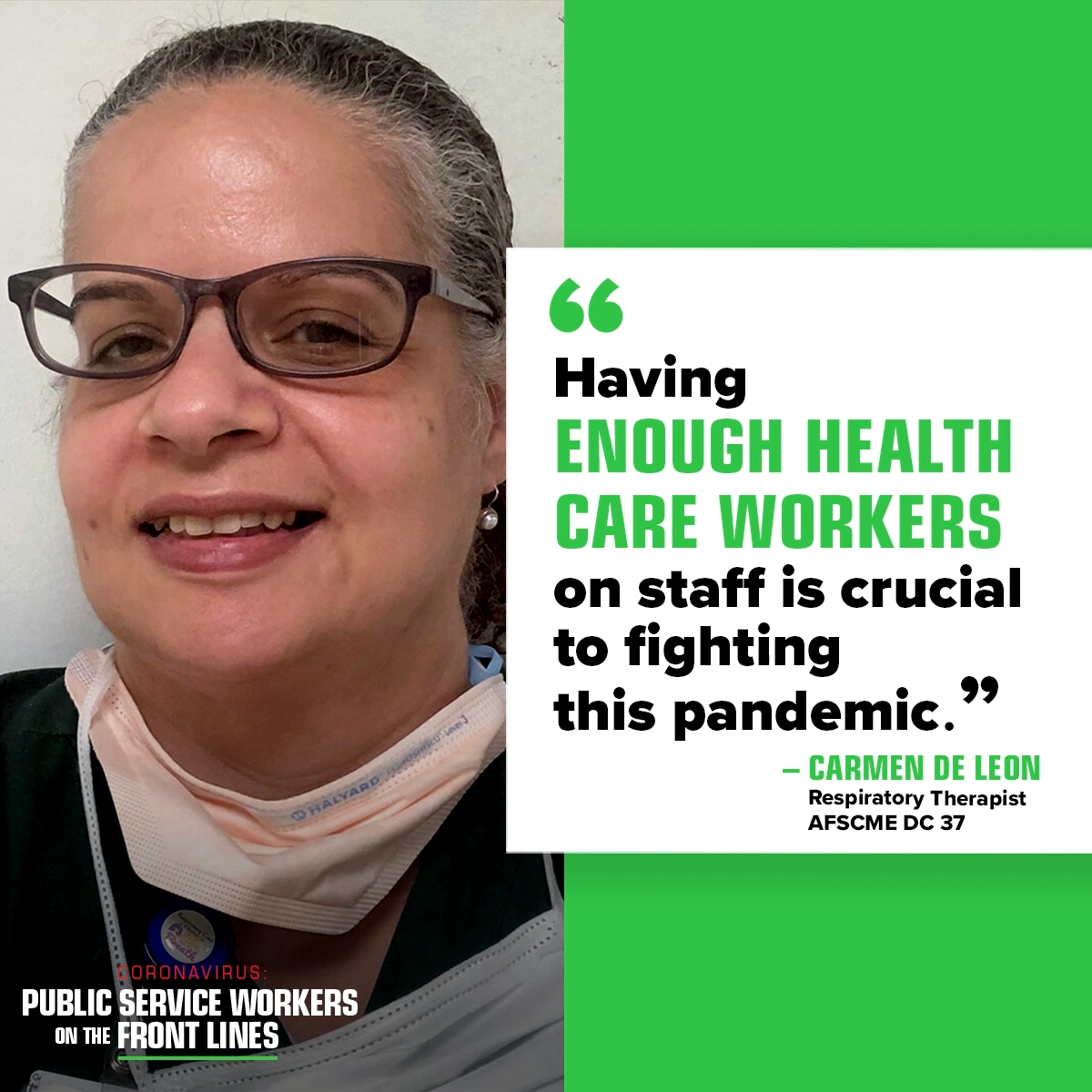SEPTEMBER 25, 2020
The shutting down of New York City’s economy caused by the Coronavirus has created a massive deficit of perhaps over $8 billion in the city’s budget. This fact begs the question, how should the shortfall be filled? Let’s borrow a concept from the occupy Wall Street movement and advocate that the richest 1%, not city workers or retirees, pay!
For weeks, Mayor de Blasio has been threatening to layoff 22,000 city workers if the Federal government doesn’t provide needed support to city and state government or if NY State doesn’t authorize borrowing to close the gap or perhaps authorize early retirement incentives.
The Department of Education and the MTA are also threatening similarly massive layoffs.
The ideas being floated by the Mayor and the 1% front groups like the Citizens Budget Commission should be rejected. Nationwide, massive nightly protests are confronting the racial and economic inequalities of U.S. society. The idea of cutting health benefits for active and retired city workers during this pandemic should be a non-starter. The Mayor’s proposed cuts would disproportionately affect Black and Latin women as would the service cuts that any layoffs would cause.
As retirees, we point out that our decades of work paid for the benefits we enjoy. We remember the pay freezes during the fiscal crisis of the 1970s and the cuts in pension rights and paid vacation that new hires faced. These are losses that were never restored.
Let’s not allow the temporary fiscal shortfall the city faces be the excuse for permanent reductions in pay, benefits, or services to the city that we workers cannot afford! If some have to give up something, let it be the 1%!
The Council of Municipal Retiree Organizations’ primary purpose is the advancement of the common interests of present and future retirees of agencies of the City of New York. These interests include the protection and enhancements of pensions and health benefits and federal, state, or municipal policies or budgets that will impact retirees including cuts to the social safety net.

